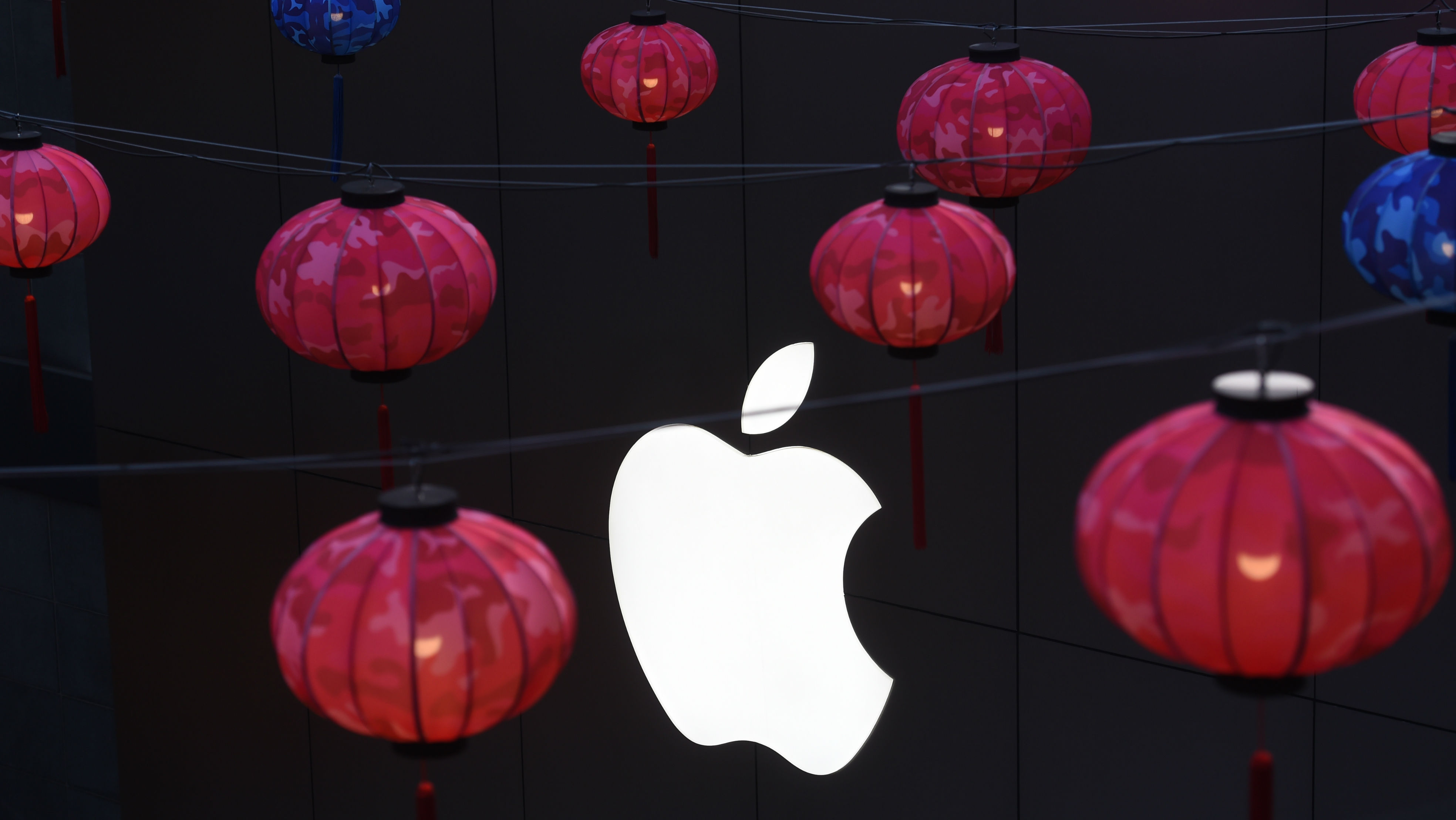Apple's Tim Cook defends Chinese VPN policy
Tech giant had to 'follow the law like we do in other countries', says chief executive

A free daily email with the biggest news stories of the day – and the best features from TheWeek.com
You are now subscribed
Your newsletter sign-up was successful
Apple chief executive Tim Cook has defended the decision to remove several virtual private network (VPN) apps from the China App Store.
In an online conference call yesterday, Cook said the tech giant was "required" by the Chinese government to remove apps that did not comply with regulations imposed earlier this year.
"We would obviously rather not remove the apps, but like we do in other countries, we follow the law wherever we do business", he said.
The Week
Escape your echo chamber. Get the facts behind the news, plus analysis from multiple perspectives.

Sign up for The Week's Free Newsletters
From our morning news briefing to a weekly Good News Newsletter, get the best of The Week delivered directly to your inbox.
From our morning news briefing to a weekly Good News Newsletter, get the best of The Week delivered directly to your inbox.
"There's still hundreds of VPN apps on the App Store," he added, many of which were produced by developers outside China.
Since the regulations were imposed by Beijing, people have been "have been finding ways to poke holes in the country’s infamous Great Firewall of China", imposed to filter out "questionable" material, says the BBC.
Any company working in China and looking to offer VPN services, which can bypass the "heavily monitored" firewall by making internet service providers believe the user's computer is in a different country, must obtain a license from the authorities.
Business Insider says Apple's move "seemed at odds with the image it has sought to create for itself as a champion of freedom and privacy".
A free daily email with the biggest news stories of the day – and the best features from TheWeek.com
It adds that last year, the company "refused" to help FBI officials unlock an iPhone that belonged to one of the gunmen who killed 14 people in San Bernardino, California, in 2015.
Cook, however, said the situation was "different". The law "is very clear" in China, he added, and while US legislation supported its fight last year, if the situation changed, Apple would have to abide by the new regulations.
Apple removes 60 VPNs from China App Store
31 July
Apple has been "legally required" to remove 60 virtual private networks (VPNs) from the China App Store, reports the BBC.
According to the broadcaster, the networks, which bypass China's strict firewall systems by fooling internet service providers into thinking the user's computer is in a different country, "did not comply with new regulations".
The rules, which came into force in January, require "all developers offering VPNs [to] obtain a license from the government".
Apple said: "We have been required to remove some VPN apps in China that do not meet the new regulations.
"These apps remain available in all other markets where they do business."
The news has been criticised by VPN providers, with ExpressVPN tweeting it was "dismayed Apple sided with censorship".
In a statement, ExpressVPN said "preliminary research" had indicated that "all major VPN apps for iOS have been removed"
The move was "the most drastic measure the Chinese government has taken to block the use of VPNs to date", it added.
Fellow service Star VPN said it was a "very dangerous precedent" that could lead to similar actions in countries"where government control access to internet", such as the United Arab Emirates.
Several other "popular VPN services" have also been closed, says Bloomberg.
It is not yet known "whether similar action has been taken with Android stores in China", says TechCrunch, while Google Play Store does not operate in the country.
Only "a handful of third-party app stores are the most influential distributors of Android apps", it adds.